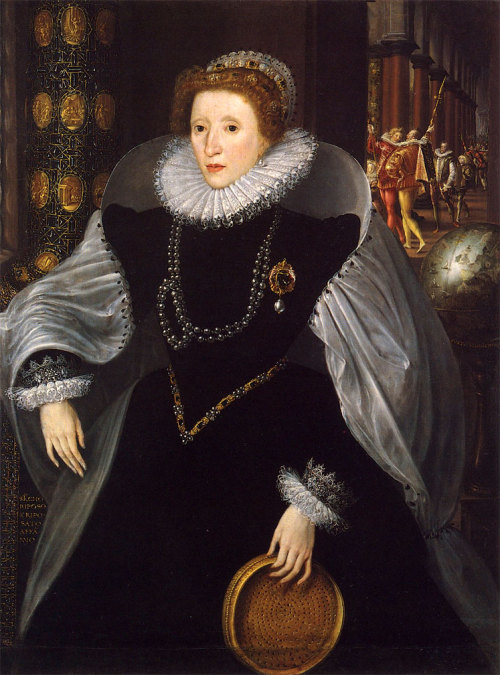
just a blog to keep my research organized.(‘all spoke to her, and she answered.’ —anne morrow lindbergh)
541 posts
Paulus Jansz. Moreelse, 1571-1638

Paulus Jansz. Moreelse, 1571-1638
A mother and child as Venus and Cupid, 1624, oil on panel, 73x58 cm
Private Collection
-
 catherinebronte liked this · 2 years ago
catherinebronte liked this · 2 years ago -
 darksholekcollector reblogged this · 2 years ago
darksholekcollector reblogged this · 2 years ago -
 skeins-archive reblogged this · 4 years ago
skeins-archive reblogged this · 4 years ago -
 courtesan15241 reblogged this · 4 years ago
courtesan15241 reblogged this · 4 years ago -
 courtesan15241 liked this · 4 years ago
courtesan15241 liked this · 4 years ago -
 stripedsilverfeline reblogged this · 4 years ago
stripedsilverfeline reblogged this · 4 years ago -
 stripedsilverfeline liked this · 4 years ago
stripedsilverfeline liked this · 4 years ago -
 mauriice reblogged this · 4 years ago
mauriice reblogged this · 4 years ago -
 bovani liked this · 4 years ago
bovani liked this · 4 years ago -
 captainquixotic reblogged this · 4 years ago
captainquixotic reblogged this · 4 years ago -
 caraphernatalie liked this · 4 years ago
caraphernatalie liked this · 4 years ago -
 mtnilloc liked this · 4 years ago
mtnilloc liked this · 4 years ago -
 moggyhog liked this · 4 years ago
moggyhog liked this · 4 years ago -
 didoofcarthage reblogged this · 4 years ago
didoofcarthage reblogged this · 4 years ago
More Posts from Skeins-archive

Jodie Turner-Smith and Mark Stanley as Anne Boleyn and Henry VIII in Anne Boleyn (2021)










The Tudors vs. History: 20/?
William Peto, along with being the confessor of the Princess Mary, was “a friend of Thomas More”; in the future he would become a “one-time member of Reginald Pole’s Italian circle”. More about his sermon, here.
– source for “” quotes: Fires of Faith, Eamon Duffy
Two years after this sermon (which heavily implied Anne deserved the end of ‘Jezebel’, whom, in the parable, was murdered by a mob; by being pushed out of a high-storied window), Henry VIII passed an act that made the slander of his marriage to Anne Boleyn punishable by high treason. Parliament the same year, also passed a decree that “in the event of the King dying before [Anne Boleyn], the latter is to be regent and absolute governess of her children and kingdom.” By November 1534, the Treasons Act was passed, which made it high treason to “maliciously wish, will or desire by words or writing, or by craft imagine, invent, practise, or attempt any bodily harm to be done or committed to […] the queen’s [person], or to deprive them of any of their dignity, title or name of their royal estates.”
(further requests in this series available upon commission/ ko-fi / tip jar*)

Portrait of Elizabeth I so called “The Sieve Portrait” by Cornelius Ketel, c. 1580-83












